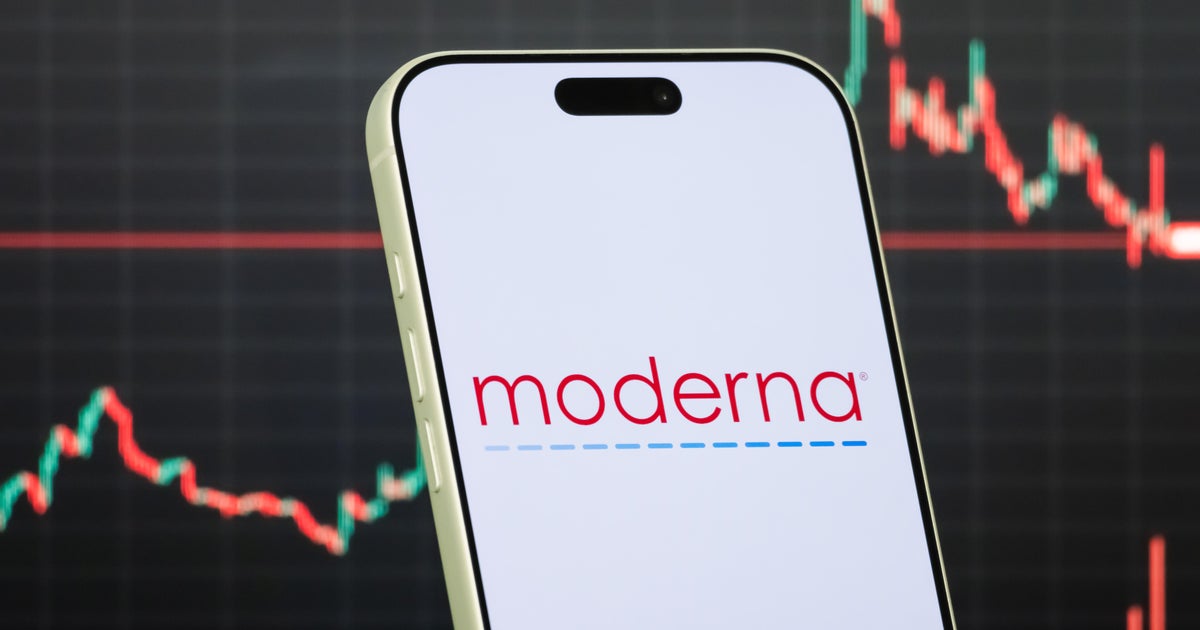Many states allow people with a BMI over 30 to get the COVID vaccine. But for some with obesity, it's not that simple
Erin Farmer has never considered herself obese. The 25-year-old threw shot put in the 2016 U.S. Olympic trials and was a Division 1 athlete for Arkansas State — but the Texas Department of State Health Services and the Centers for Disease Control and Prevention said she is.
Farmer, like 42.5% of Americans, has a body mass index of more than 30, making her eligible for the coronavirus vaccine in her home state. At least 29 states have expanded their vaccine eligibility to people who qualify as obese.
When she learned the metric qualified her for the vaccine, Farmer felt a mix of emotions. For one, she was ready to make the obesity label that has followed her throughout her life, usually with negative connotations, work for her. She also felt that though she met the criteria for a person with obesity, it was an unfair categorization.
"I was an athlete all my life," she said. "So my weight doesn't really reflect on how I live my life and my lifestyle. I understand that people feel embarrassed about that because obviously your weight doesn't determine who you are as a person or how healthy you are."
And data about public emotions related to obesity bears this out. Nirit Pisano, a clinical psychologist and chief psychologist for Cognovi Labs, a group that uses artificial intelligence to look at public emotion and behavior around certain subjects, decided to use the company's AI to study the issue after talking with a client who struggled with finding out he qualified for the vaccine as a person with obesity.
"I saw this huge wave of people really emotionally responding to this very thing, so a lot of disgust and anger," Pisano said.
That's because the obesity label is a tough one, she said.
"It is an emotional one for a lot of people. And even those who have whether you've struggled with weight or you come to terms with your weight or whatever stage you're at with that, seeing it in writing in this way or just having a word there."
The Centers for Disease Control and Prevention lists people who are overweight among those who face an increased risk when it comes to COVID-19. As many states have expanded their eligibility, they've followed CDC guidance on BMI as a broad way to classify people for whether or not they're at risk due to their size.
Sabrina Strings, an associate professor of sociology at the University of California Irvine and author of "Fearing the Black Body: The Racial Origins of Fat Phobia," called BMI an ineffective and offensive way to expand vaccine eligibility and said "there's a far greater relationship between negative outcomes and race."
Strings said the CDC could have prioritized vaccines for groups disproportionately affected by the coronavirus, such as by race itself, or prioritized grocery store workers or delivery drivers to help stop community spread. Data compiled by the Covid Tracking Project, shows Black people have died from the coronavirus at a rate 1.4 times higher than that of white people.
But using obesity to expand vaccine eligibility follows reports that obesity is a major factor in COVID-19 hospitalizations and deaths.
For instance, the World Obesity Federation found that 88% of COVID-19 deaths were in countries with a majority of the population considered overweight or having obesity. And a study out last month from Tufts University found that 30.2% of U.S. COVID-19 hospitalizations were estimated to be due to obesity as a primary cardio-metabolic risk factor. Other factors considered in the study included diabetes, hypertension and heart failure. When combined, the four factors were estimated to be linked to more than two-thirds of U.S. COVID-19 hospitalizations.
Strings, however, says there is no proof of having obesity as a direct cause of increased deaths or hospitalizations.
"When we're looking at these studies, what they're showing are correlations," she said. "They always attempt to make it seem as if BMI is causing these negative health outcomes. But that's not the information that statistics, especially not cross-sectional data, can provide. Cross-sectional data can only show relationships."
Emma Specter, who qualified for the vaccine based on her BMI, wrote about the fatphobia and fat-shaming surrounding using the metric to expand vaccine eligibility.
She said she initially spent time debating whether or not to get the vaccine because she thought it may take one away from someone else who needs it more, or a frontline worker.
"Once it was sort of answered for me that that's really not how it works, I can't, you know, direct a vaccine to someone else, that it's based on zip code and comorbidities. Well once I learned that, I sort of didn't have a lot of hesitation," she said.
Farmer and Specter both advocated for others to get vaccinated no matter how they qualify.
"I think that if you have the chance to get it, you absolutely should get it just to not only protect yourself, but protect others around you. And if that means that you have to look like obese or fat by society, then OK, well, now you get the vaccine," said Farmer. "If you are discouraged by the label as obese, I would just say that obviously don't connect that to your self-worth."
Specter said in choosing to get the vaccine, she had to understand herself as and identify as someone with obesity. She explained that many who have qualified by the metric have struggled with shame and embarrassment due to how society has characterized people with obesity.
"I think to be honest, we have coded that as a bad thing to be. And we have quoted fat people as lazy and unworthy and unhealthy and so many other things that it's really hard," said Specter. "As someone much smarter than me, who I can't recall in the moment said, 'you don't have to prove a certain level of worth. You don't have to prove sterling character. You don't have to prove that you only eat salads.'"



